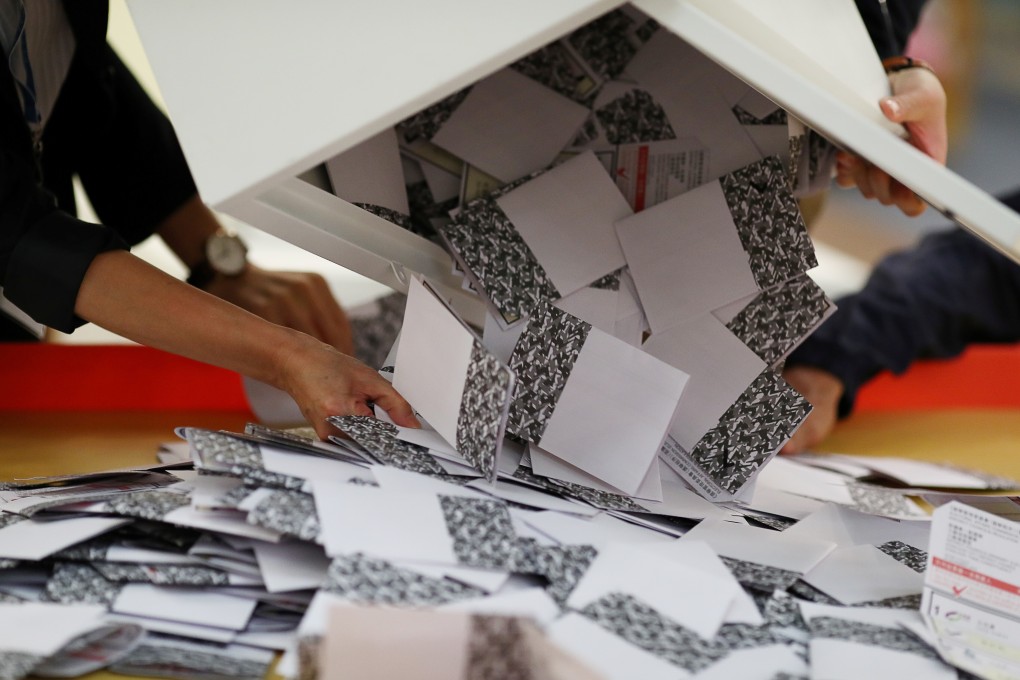Editorial | Integrity of elections must be ensured if changes are made
- There is no reason why Hong Kong’s polling system should not be reformed to keep up with the times as long as it remains secure and credible

Hong Kong has long been able to take pride in the integrity of its elections. While the system itself has been the subject of much debate, amid calls for universal suffrage, the results of elections are generally accepted by the public as fair. The arrangements are well-established. Electors must vote in person at polling stations. They must, therefore, be present in Hong Kong on election day. Eligible voters must also be “ordinarily resident” in Hong Kong. This system limits the scope for electoral fraud and makes monitoring more effective. No changes should be made without very careful research, consultation and consideration. But that does not mean the system should be set in stone.
Voting via the internet, for example, raises concerns about privacy, data protection and hacking. It may be too much of a leap for Hong Kong. Postal voting, however, has been practised for more than 100 years in some parts of the world. It is in use in the United States, Canada, Australia and Britain. This is an option that might be explored, if the credibility of the process can be ensured. Postal voting could potentially open up elections not only to permanent residents on the mainland but those living elsewhere in the world.
Less radical is the idea of an electronic register for voters. This is being worked on and should be put in place for the Legco elections next year. The commission also proposed cutting back on centralised vote counting to reduce the risk of Covid-19 infection, which makes sense. And it expressed concern about primaries, of the kind held by democrats in July, arguing that there is no mechanism to ensure such polls are fair and that they risk misleading voters.
The key message of the report is that the system should not be changed without very careful consideration of the risks. There is no reason why the polling system in Hong Kong should not be reformed to keep up with the times. But whatever changes are made must ensure the integrity of the city’s elections is maintained.
